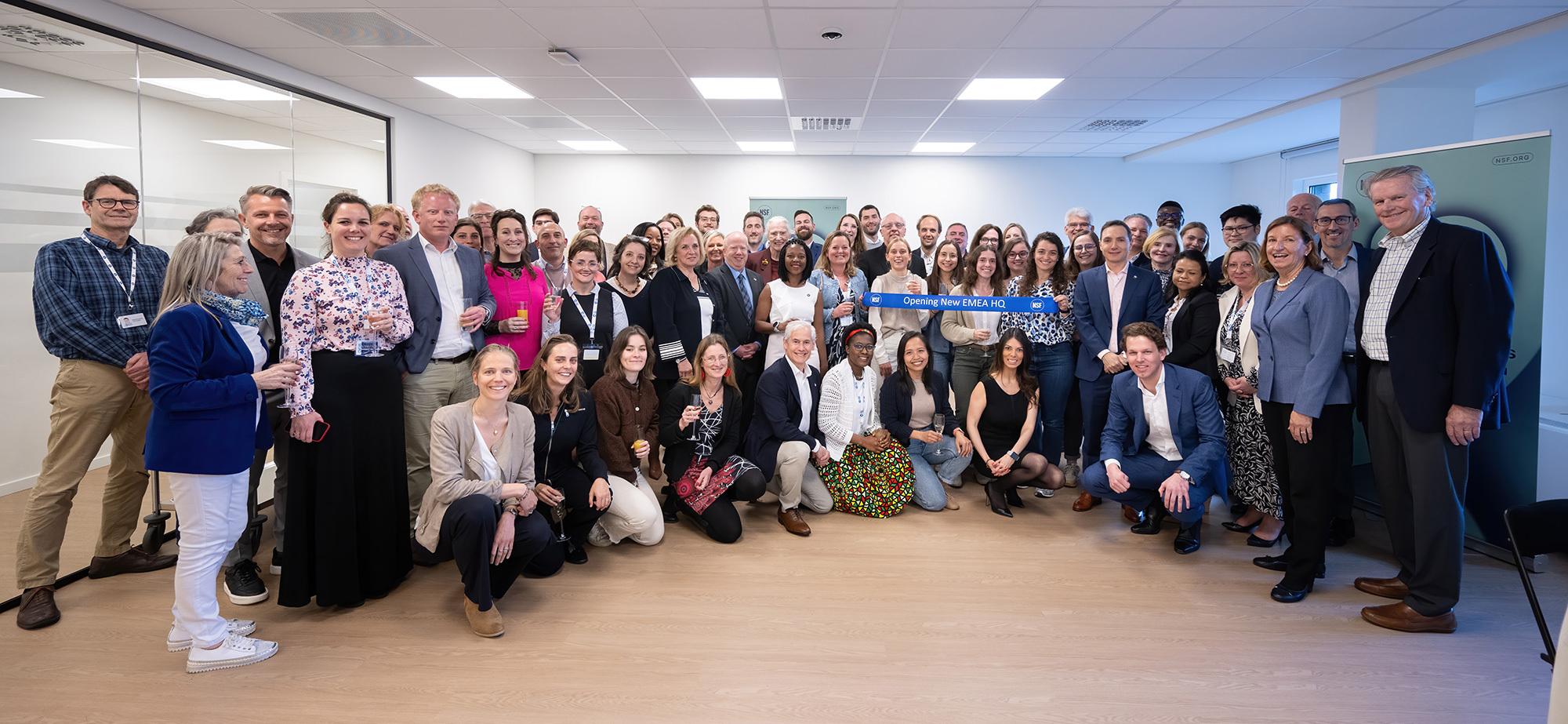How Your Cleaning Products Can Pass the Food Industry’s Trust Test
Product registrations not only demonstrate a commitment to food safety — They are the key to gaining greater acceptance by food/beverage processors and foodservice establishments.

Why the Industry Insists on Registered Products
Chemical cleaning products used in food processing facilities and restaurants are not regulated like other chemical compounds (i.e. nonfood compounds) such as incidental food contact lubricants.
For food/beverage manufacturers and foodservice operators, it really becomes their responsibility to decide if a cleaning product is safe to use in a processing, handling or cooking environment. Consequently, they need strong assurances from you—the cleaning product manufacturer—that your products are safe for their intended uses, which adds to your own challenges and responsibilities.
The most efficient and effective way to prove your cleaning products are suitable to use is by registering them with an independent third-party assurance provider like NSF.
A big opportunity: By 2025, the global market for industrial cleaning chemicals is estimated to reach $65.5 Billion (USD)1
Product Registrations: The Chemistry of Confidence
Meeting registration requirements can reassure those in the food industry that your cleaning products do not compromise food safety.

Cleaning products cannot contain intentionally added heavy metals, carcinogens or mutagens.

If a cleaning product or sewage/drain cleaner contains bacterial or enzyme cultures, testing and analysis is required to ensure it does not introduce new live bacteria like Salmonella.

Cleaning products cannot exhibit a noticeable odor or leave a visible residue.

If a fragrance is present in the formulation of a cleaning product, registration guidelines require testing to ensure the scent does not mask an odor related to a food safety issue like food spoilage.

Antimicrobial products, when used as directed, must be verified to not contaminate a food product.
In the U.S., products that make disinfectant claims (e.g. kills viruses) must be validated by and registered with the U.S. EPA per the Federal Insecticide, Fungicide, and Rodenticide Act (FIFRA).
Nonfood compound registration listings are an easy way for end users to find FIFRA-registered disinfectants in the U.S. that are also suitable for use in the food industry.
Meeting the Standard of End Users and Global Food Safety Schemes
Many global food safety organizations and GFSI certification program owners have guidelines and standards that reference the acceptable usage of cleaning products. Registration requirements give you and any food operation the assurance that:
- There are clear use instructions on product labels.
- The use instructions are not contradictory.
- The intended use has been reviewed by the registration body.
Protecting the Food and the Workers
Registering hand sanitizers provides reassurances that your product has gone through:
- A formulation review to ensure the product is safe for use in a food-handling environment
- Efficacy testing for at least Salmonella enterica ATCC 10708 and Staphylococcus aureus ATCC 6538
To confirm a cleaning or disinfecting product is suitable for a food manufacturing facility or foodservice establishment, companies often refer to NSF’s White Book™.
Sign up for Cleaning Product Webinars, Industry News and More
Stay updated and get insights by joining our mailing list.
1 www.researchandmarkets.com/reports/4805834/industrial-cleaning-chemicals-global-market
How NSF Can Help You
Get in touch to find out how we can help you and your business thrive.

